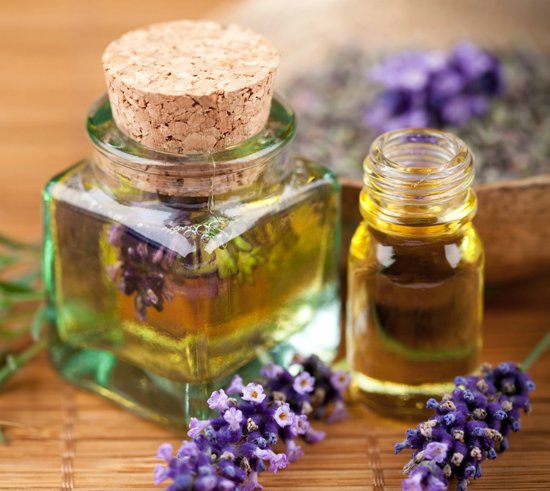Infertility and the yearning for children can be a difficult combination of factors. Infertility treatments can be expensive and in any case are not a completely fool proof way to get pregnant, with the result that may turn to fertility herbs to try and get pregnant.
Alternative treatments such as fertility tea, fertility food, acupuncture to improve fertility, and other fertility supplements can be an attractive option, and one that a person may think is safe to take, without fear of side effects and so on.
 In addition, a vitamin C supplement is said to prevent sperm defects and also boost mobility of sperm, also helping by controlling stress.
In addition, a vitamin C supplement is said to prevent sperm defects and also boost mobility of sperm, also helping by controlling stress.
Zinc supplements could help semen and testosterone levels among men and calcium and Vitamin D are also thought to help enhance male fertility.
However are fertility herbs actually effective? And if so how safe are they? There are many claims made about herbs for fertility and about how they can boost male as well as female fertility – Chaste Berry or Vitex is thought to the having the best results to enhance fertility by helping to normalize hormonal balance and the working of the pituitary gland.
This is an herb thought to be particularly useful for those women who have irregular menstrual cycles and unpredictable ovulation. Dong Quai is thought to help balance estrogen levels in the body and to help aid implantation for those women who have auto immune problems preventing pregnancy.
False unicorn root is another fertility herb that is thought to help a woman get pregnant and prevent miscarriage. Wild yam is an herb thought to help increase progesterone levels in the body and hence can help.
However the efficacy of fertility herbs is still something that is not proved beyond doubt. The fact is that the studies conducted in this sphere have not yielded definitive proof of herbs assisting fertility. Among the studies that have in fact been conducted on the subject of herbs to promote fertility some showed favorable results – L-carnitine is supposed to be a male fertility aid which helps to mobilize sperm and hence help in creating a pregnancy.
A study conducted showed that there was a slight increase in the rates of pregnancy among those who took a combination of acetyl-L-carnitine and L-carnitine.
Vitamin E is thought to be the fertility vitamin, and there has been evidence to show that it can help men improve their sperm count. Coenzyme Q10 is supposed to help in improving sperm count; however there was insufficient evidence to support this claim.
Vitamin C could help enhance female fertility and help with ovulation problems and folic acid could help sperm count, however there is more research needed to support the claims that these can be considered fertility herbs and can help in conception.
So clearly the efficacy of herbs for fertility is not beyond doubt and the safety angle should not be overlooked. Many so called fertility herbs may be unreliable since they are not required to follow stringent FDA regulations. The potential for drug interactions (with any medication you may be on) should also be kept in mind.


